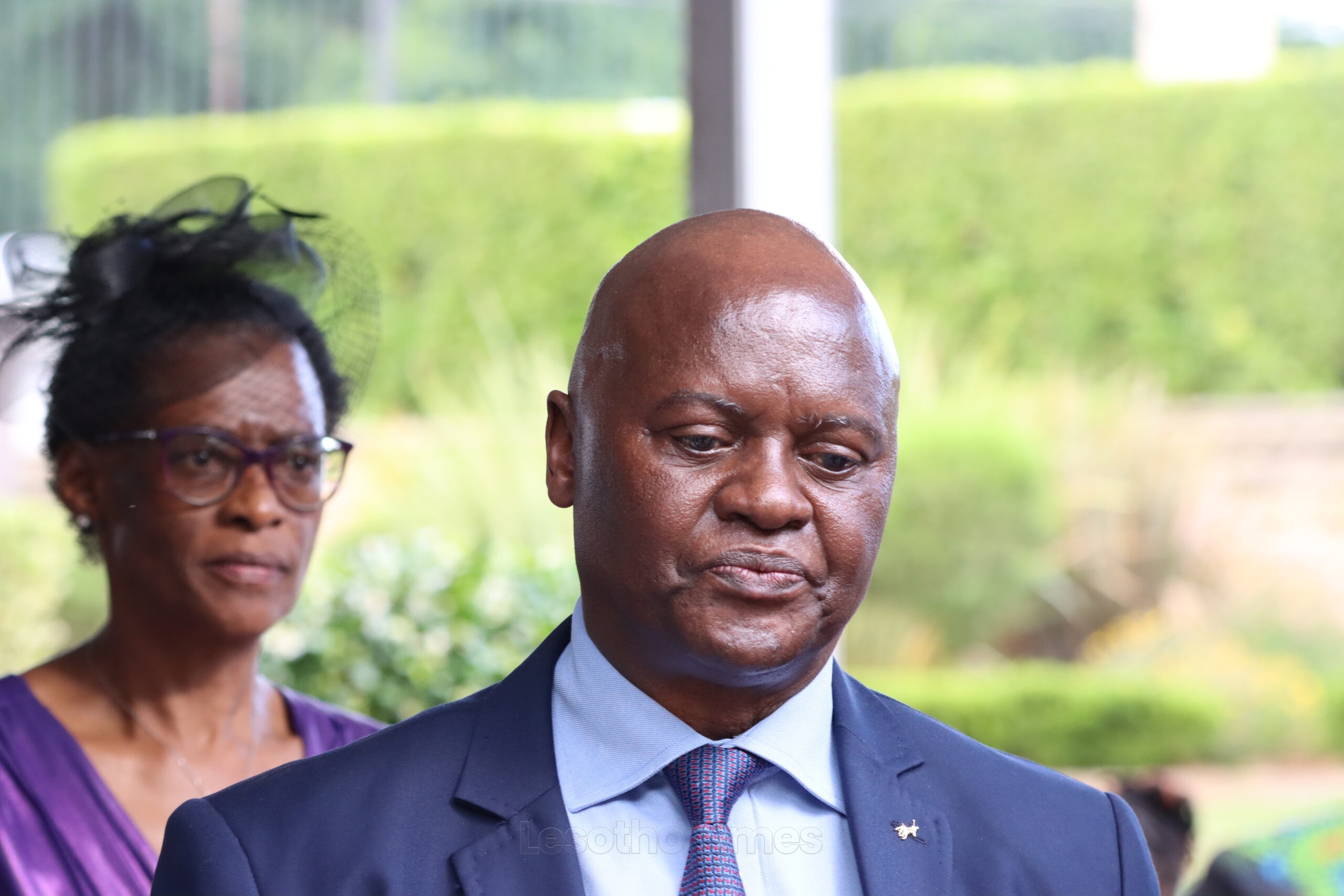Bongiwe Zihlangu
SPEAKER of the National Assembly, Tlohang Sekhamane, has recognised the media as a critical cog in fostering good governance.
As such it was imperative that the legislature, he leads, develops healthy relations with the media to enable it to effectively discharge its mandate. The media should be enabled easy access to parliament for its coverage. It should be empowered to play its role in ensuring that members of parliament effectively discharged the functions for which they were elected, said Mr Sekhamane.
The Speaker made the remarks this week at a meeting with media representatives at which they signed a memorandum of understating (MOU) coined Strengthening Media and National Assembly Relations.
The MOU is in four parts namely Responsibilities of the Media, Responsibilities of the National Assembly, Joint Responsibilities, as well as Conduct and Ethics.
It is overally intended to enable the media easy access to parliament and training workshops on the processes of parliament for journalists.
Mr Sekhamane said the media was a strategic partner in fostering good governance because of its oversight role over the legislature, executive and judiciary.
Healthy relations between the media and parliament would thus enable it to play its watchdog role effectively. The media should ensure that parliamentarians were held accountable for what they were elected for.
The media should maintain oversight on things like appropriation of funds to various government ministries and departments, formulation of laws to improve people’s lives, and ensuring funds allocated by parliament were utilised for their intended purposes.
“We are grateful that you honoured this meeting …..Today we are talking about media and parliament. Media is a strategic partner in governance. The main purpose of governance is to ensure that people’s lives are improved……,” said Mr Sekhamane.
“To achieve that in a representative democracy, the role of MPs is to represent the people, legislate, allocate public funds and play an oversight role on the executive….” The media in turn had to oversee the work of all arms of the state.
If the media became ineffective in its mandate, then it would be like “salt that had lost its flavour”, said the Speaker.
“Media doesn’t only inform but also exposes issues that the public would otherwise not know. You educate, inform, in a friendly manner that accommodates the educated, the illiterate, and the semi-literate.
“You process information, breaking it down in such manner that consumers understand issues. In the pursuit of improving lives, you expose issues that they would not otherwise know,” Mr Sekhamane said. It was thus important that the media be seen as a partner and not an adversary in the governance process.
The media should never sit back and be a spectator while issues that hurt and destroy people’s lives play out before it.
“When the watchdog just watches as the economy deteriorates, the crime rate escalates and people are plunged further into poverty, it then means we are all drunk. When a country is in that state, nothing can ever come right,” said Mr Sekhamane in rare and refreshing remarks from a politician acknowledging the role of the media.
While the National Assembly’s main objective was to bring parliament closer to the people, it was also not blind to the bad treatment often meted out to the media when covering different events, the Speaker acknowledged. In many instances, reporters were shunned or restrictions were imposed on them, making it difficult for them to cover events.
“We see it when you arrive at different events to provide coverage, how badly you are treated and made uncomfortable. Where people shun you. They don’t accommodate you when you attend events to cover issues affecting the people. You are usually forced to sit at the back, making it difficult for you to see as things unfold,” Mr Sekhamane said.
“We’re therefore here to pledge a partnership with the media to ensure that such things don’t happen”
The MOU will ensure journalists covering parliamentary sittings as well as any related assignments “have legally recognised media identification which will enable them to gain access”.
Media houses must also ensure that reporters who cover parliament on their behalf “are duly authorised to do so”, as well as provide platforms for parliament/people engagement to strengthen understanding of the work of the House.
The National Assembly’s responsibilities under the MOU will range from providing media with an exclusive press gallery, parliamentary statements, Hansard recordings from every sitting to catering for the media during big events such as the tabling of annual budgets, His Majesty’s Speech from the Throne, in a way that is “reasonable and will not make the media worse off”.
On joint responsibilities, both the media and National Assembly will jointly convene capacity building workshops for journalists at least twice a year as well as draw proposals for requests of funding for training programmes for parliamentary reporters.

